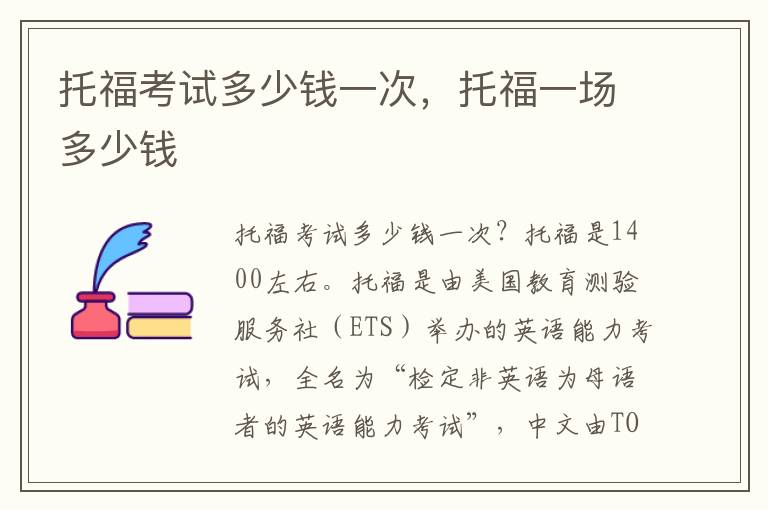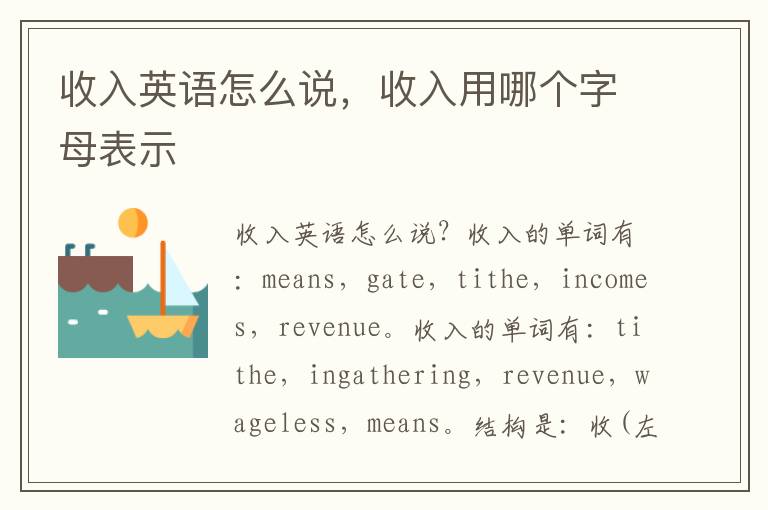【简介】感谢网友“雕龙文库”参与投稿,这里小编给大家分享一些,方便大家学习。
对立法:先引出其他人的不同看法,然后提出自己的看法或者偏向于某一看法,适用于有争议性的主题。
1.When asked about..., the vast/overwhelming majority of people say that . But I think/view a bit differently。
2.When it comes to ...., some people believe that. Others argue/claim that the opposite/reverse is true. There is probably some truth in both arguments/statements, but I tend to the former/latter。
3.Now, it is commonly/generally/widely believed/held/acknowledged that..... They claim/ believe/argue that ... But I wonder/doubt whether...。。
现象法:引出要剖析的现象或者问题,然后评论。
1.Recently the rise in the problem/phenomenon of ... has cause/aroused public/popular/wide/ worldwide concern。
2.Recently the issue of the problem/phenomenon of ...has been brought into focus/into public attention。
3.Inflation/Corruption/Social inequality ... is yet another of the new and bitter truth we have to learn to face now/constantly。
观点法:开门见山,直接了当地提出自己对要讨论的问题的看法。
1.Now people in growing/significant numbers are beginning/coming to realize/accept/(be aware) that.。。
2.Now there is a(n)growing awareness/recognition of the necessity to.。。
3.Now people become increasingly aware/conscious of the importance of ..。。
引用法:先引出名人名言或者有代表性的看法,来引出文章要展开论述的观点。
1.Knowledge is power. This is the remark made by Bacon. This remark has been shared by more and more people。
2.Education is not complete with graduation. This is the opinion of a great American philosopher. Now more and more people share his opinion。
3..... We often hear statements/words like those/this. [4] We often hear such traditional complains as this ....。
比较法:通过对过去、现在两种不同的倾向、观点的比较,引出文章要讨论的观点。
1.For years, ...had been viewed as .... But people are taking a fresh look now. With the growing ..., people ..。。
2.People used to think that ... (In the past, ..。。) But people now share this new idea。
故事法:先讲一个较短的故事来引发读者的兴趣,引出文章的主题。(建议少用)
1.Once in (a newspaper), I read of/learnt..... The phenomenon of ... has aroused public concern。
2.I have a friend who ... Should he ....? Such a dilemma we are often confronted with in our daily life。
3.Once upon a time, there lived a man who .... This story may be (unbelievable), but it still has a realistic significance now。
对立法:先引出其他人的不同看法,然后提出自己的看法或者偏向于某一看法,适用于有争议性的主题。
1.When asked about..., the vast/overwhelming majority of people say that . But I think/view a bit differently。
2.When it comes to ...., some people believe that. Others argue/claim that the opposite/reverse is true. There is probably some truth in both arguments/statements, but I tend to the former/latter。
3.Now, it is commonly/generally/widely believed/held/acknowledged that..... They claim/ believe/argue that ... But I wonder/doubt whether...。。
现象法:引出要剖析的现象或者问题,然后评论。
1.Recently the rise in the problem/phenomenon of ... has cause/aroused public/popular/wide/ worldwide concern。
2.Recently the issue of the problem/phenomenon of ...has been brought into focus/into public attention。
3.Inflation/Corruption/Social inequality ... is yet another of the new and bitter truth we have to learn to face now/constantly。
观点法:开门见山,直接了当地提出自己对要讨论的问题的看法。
1.Now people in growing/significant numbers are beginning/coming to realize/accept/(be aware) that.。。
2.Now there is a(n)growing awareness/recognition of the necessity to.。。
3.Now people become increasingly aware/conscious of the importance of ..。。
引用法:先引出名人名言或者有代表性的看法,来引出文章要展开论述的观点。
1.Knowledge is power. This is the remark made by Bacon. This remark has been shared by more and more people。
2.Education is not complete with graduation. This is the opinion of a great American philosopher. Now more and more people share his opinion。
3..... We often hear statements/words like those/this. [4] We often hear such traditional complains as this ....。
比较法:通过对过去、现在两种不同的倾向、观点的比较,引出文章要讨论的观点。
1.For years, ...had been viewed as .... But people are taking a fresh look now. With the growing ..., people ..。。
2.People used to think that ... (In the past, ..。。) But people now share this new idea。
故事法:先讲一个较短的故事来引发读者的兴趣,引出文章的主题。(建议少用)
1.Once in (a newspaper), I read of/learnt..... The phenomenon of ... has aroused public concern。
2.I have a friend who ... Should he ....? Such a dilemma we are often confronted with in our daily life。
3.Once upon a time, there lived a man who .... This story may be (unbelievable), but it still has a realistic significance now。









